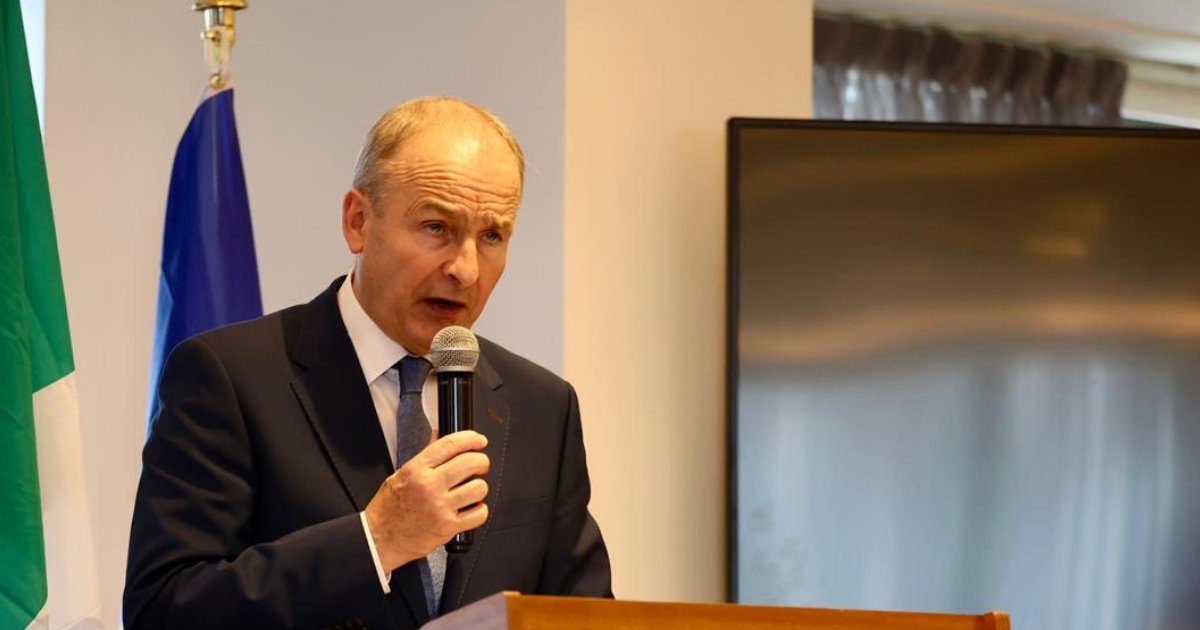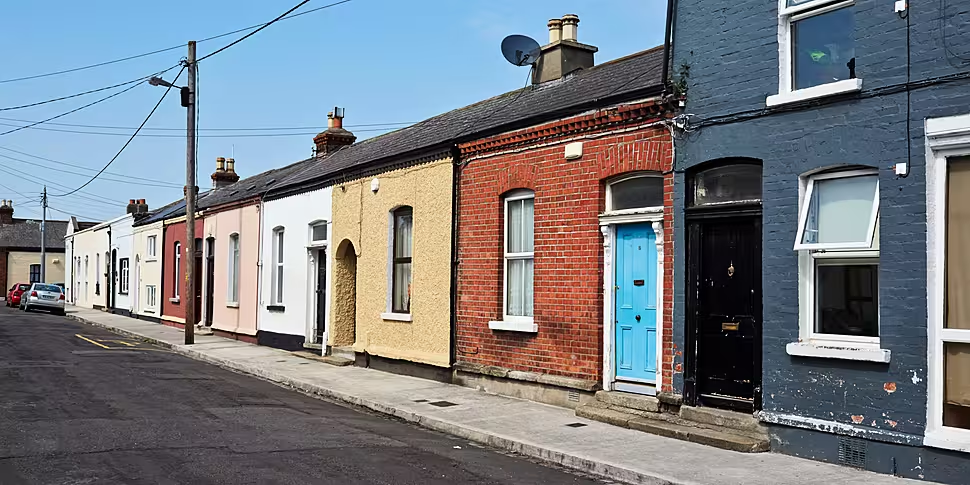Raising the inheritance tax threshold is a ‘very weird priority’ for the Government given only the wealthy pay it, one of the country’s leading economists has said.
Ahead of Budget 2025, there is speculation the Government might significantly raise the €325,000 threshold for inheritance tax.
Micheál Martin said yesterday he understood why many people consider current levels of inheritance tax “too punitive”.
The Tánaiste said the Government has put aside €1.4 billion for a tax package and a cut to inheritance tax is one measure under consideration - although he ruled out complete abolition.
On Newstalk Breakfast, Trinity College Assistant Professor Barra Roantree said the Government should seek to widen the tax base, not narrow it.
“That is going to leave us in a situation where we’re going to be raising even more of our revenue from corporation tax and income tax,” he said.
“I think it’s a very weird set of priorities that says at a time when we have… creaking infrastructure, when we have public services that are really stretched, that we would spend… at least €50 million to increase the threshold to €400,000.
“About 3% of households are those who pay inheritance tax at the moment - and they’re very, very well wealthy, they're inheriting a large amount.”
Asked if those who would benefit are likely to be Fine Gael and Fianna Fáil voters, he said it would be “subset of those”.
“I mean we really are talking about a very small number of people who would benefit from this move,” he said.
 Micheál Martin in Kenya. 16/07/2024. Image by: Department of Foreign Affairs.
Micheál Martin in Kenya. 16/07/2024. Image by: Department of Foreign Affairs.Any reduction would be welcomed by Keith Walsh, a family law solicitor and Senior Counsel.
On The Pat Kenny Show, Mr Walsh described inheritance tax as “fairly punitive” and said reform is needed.
“I think, particularly, there should be exemptions maybe for your principal private residence or your family home where your parents’ have lived,” he said.
“Not only have they paid tax on it, they’ve also paid interest on mortgages to banks and they’ve paid back a mortgage over a huge amount of years.
“So, they’ve not just paid for it, they’ve paid the interest on it as well.
“So, it is very unfair; I think there could be exemptions put in there but currently the Government hasn’t done that.”
 Houses for sale. Photograph: Leah Farrell / RollingNews.ie
Houses for sale. Photograph: Leah Farrell / RollingNews.ieCurrently, people can inherit €335,000 from a parent or grandparent tax free - but anything above that threshold is taxed at 33%.
Mr Walsh described the current rate as “quite high” in comparison to other EU countries.
He also said that there are ways you can inherit the family home without paying any tax - no matter what its market valuation.
“Provided the house was the only or the main home of the person who died and if you the person who is inheriting it lived in the house as your only or main home for at least three years before the date of inheritance,” he said.
“Most importantly, provided you don’t own or have an interest in any other house and you don’t acquire or own an interest from the same person between the date of the inheritance and the valuation - which is a tax date.
“And you have to live there for six years afterwards - then you can be exempt and that’s called Dwelling House Relief.”
'A very sizeable bill'
Mr Walsh described this as a “narrow” exemption and suggested it should be broadened given the surging value of homes in many parts of the country.
“Particularly if you live in Dublin or the main urban areas where most dwelling houses are well over €325,000, you could end up with a very sizeable tax bill and you have to take out a mortgage to fund a house that your parents live in for years,” he said.
“What you could do to avoid that is come back and live in the house for a number of years - you have to live for three years before the inheritance - but that’s kind of a big ask as well to move back in with your parents.”
Budget 2025 will be delivered on October 1st this year.
Main image: Houses in North Strand, Dublin.









